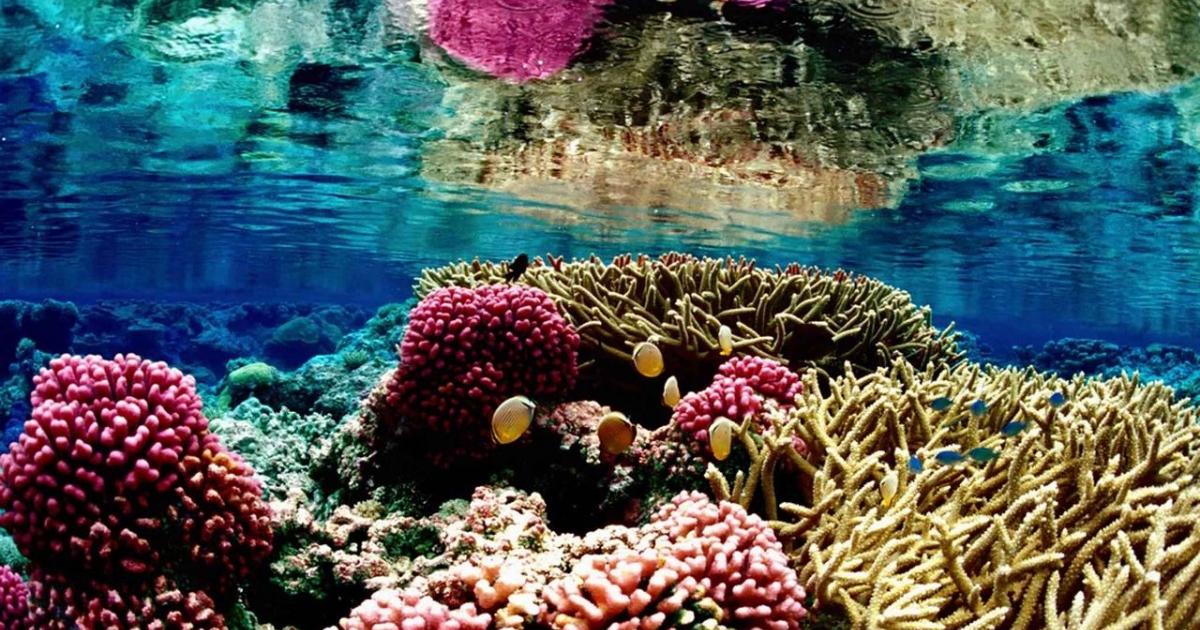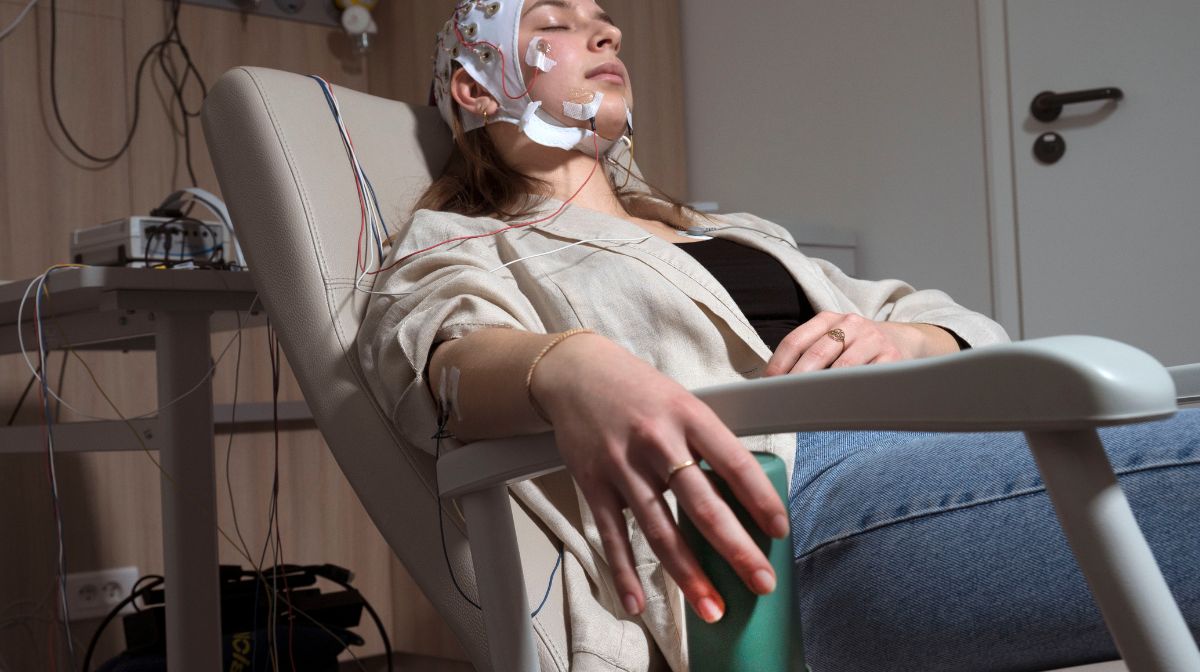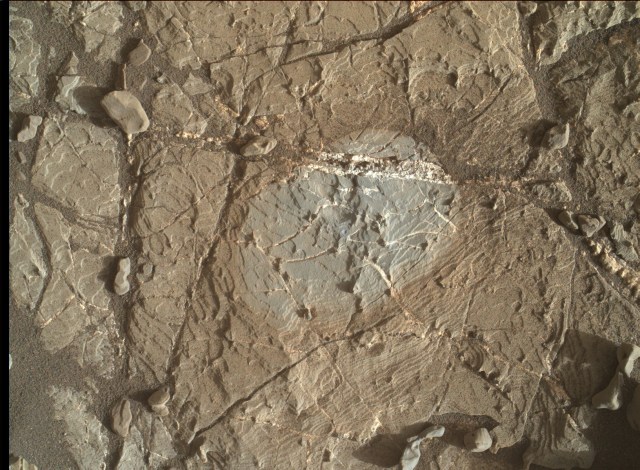
This article is part of a section Rumor detectorClick here for other texts.
What are coral reefs?
Although it may not seem like it at first glance, coral is an animal, and a very small one at that. These tiny creatures live in colonies and excrete an exoskeleton made of calcium carbonate (i.e. limestone). When we look at coral reefs, we see their skeletons which give the false impression that coral is a type of stone.
Coral has a symbiotic relationship with the algae inside it. The algae use the carbon dioxide that the coral breathes to carry out photosynthesis. This then comes to provide the coral with oxygen and nutrients that are beneficial for its development. Like all life, corals eventually die, leaving behind deposits of limestone that make up the coral reefs.
When the coral is going through a period of stress due to, for example, temperature changes, lack of nutrients or exposure to toxins, it excretes symbiotic algae, which turn the coral white. This phenomenon is called coral bleaching. Without algae, corals are bound to die.
What are the risks of sunscreen?
Several preliminary studies have indicated that octinoxate, oxybenzone, 4-methylbenzylidine camphor (4-MBC, or enzacamine), and other UV filters found in sunscreens are responsible for coral bleaching. These studies have resulted in several sunscreen brands being banned, and the words “reef safe” appearing on several labels.
However, A.J literature paper The publication concluded in 2021 that the responsibility of these products for damage to coral reefs lacks strong data. The authors suggest that the studies reporting the harmful effects of sunscreen actually tested concentrations of the chemicals that far exceed concentrations found near coral reefs. In addition, significant differences in the experimental conditions (concentrations used, time of exposure, duration of tests, measured biological parameters) were observed, which compromised the interpretation of the results.
in this time National Academies It is science to more rigorously evaluate the potential toxicity of sunscreens to aquatic ecosystems, while evaluating their effects on public health.
There is currently no reliable indication that the ingredients used in the formulation of sunscreens threaten the health of coral reefs, regardless of the experimental conditions in the laboratory. like I wrote it in 2019 Terry Hughes, marine biologist and coral bleaching expert, states, “Sunscreen only causes coral bleaching in test tubes.”
“Coral Safety” labels have been found on sunscreens that mostly do not contain octinoxate, oxybenzone, or 4-MBC, the ingredients targeted by the preliminary studies mentioned above. However, this name is not defined or regulated, leaving companies free to use it as they wish.
None of this precludes taking precautions to reduce your amount of sunscreen while at the beach: staying in the shade a lot, wearing UV-protective clothing, and avoiding the times when the sun hits the hardest (between 11am and 3pm).
to rule
Many factors are involved in the decline of coral reefs, ranging from global warming, but sunscreen is not at the top of the list.
This article is adapted from the English text by Cat Wang, It is posted on the McGill University OSS website.
photo: PublicDomainImages/ pixabay


:quality(70):focal(1515x1438:1525x1448)/cloudfront-eu-central-1.images.arcpublishing.com/liberation/X7T4FCTMWVF2NACF35CCUHUPTE.jpg)



